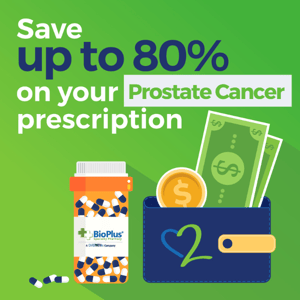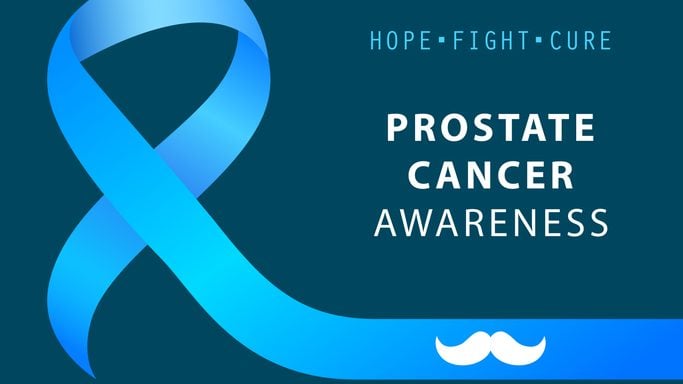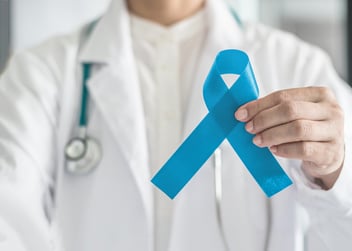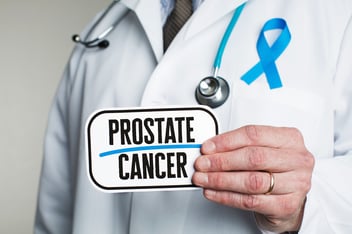September is prostate cancer awareness month, a disease that affects the lives of more than 3 million men every year across the globe. In the United States, one in nine men will learn of their diagnosis of prostate cancer in their lifetime, making this the second most common cancer in American men.
Prostate cancer survival rates are quite high. The chances are good for a successful treatment outcome, especially when the cancer is detected early, since this tends to be a slow growing cancer. Survival rates have continued to improve, notably since the introduction of even more effective treatment medications, including Zytiga (abiraterone acetate), the breakthrough treatment for prostate cancer.


Although the “one in nine men” is an often cited statistic about prostate cancer risk; this risk is not spread evenly throughout a man’s lifespan. The risk for prostate cancer rises dramatically after age 50. Six out of 10 prostate cancers are in men age 65+. Race is another risk factor for prostate cancer, with black men having a higher risk. In addition, anyone with a close relative with prostate cancer will see double the risk themselves.
After a diagnosis, the American Cancer Society (ACS) offers guidance in navigating treatment decisions, since there are numerous treatment options. The ACS notes that the following factors should be considered in developing an appropriate treatment plan for each patient:
- The stage and grade of the cancer
- Age and expected life span of the patient
- Any other serious health conditions of the patient
- The feelings about the need to treat the cancer right away (since it is generally a slow-growing cancer)
- The likelihood that treatment will cure the cancer (or help in some other way)
- The patient’s feelings about the possible side effects from each treatment
Finally, remember that prostate cancer can be survived, in fact most men who have prostate cancer will not die from it. More than 2 million men in the United States who were diagnosed with this cancer are still alive.
Related Posts
Early Detection of Prostate Cancer: How Regular Screening Can Save Your Life
Cancer remains the #2 cause of death in the United States, with more than 600,000 deaths and nearly...
September: Prostate Cancer Awareness Month
Here we are in the middle of September, which puts us in the midst of Prostate Cancer Awareness...
Prostate Cancer: Racial Disparities Persist
{% video_player "embed_player" overrideable=False, type='hsvideo2', hide_playlist=True,...The Prostate Cancer Toolkit
For men, prostate cancer remains the second most common type of cancer. Only skin cancer is more...





